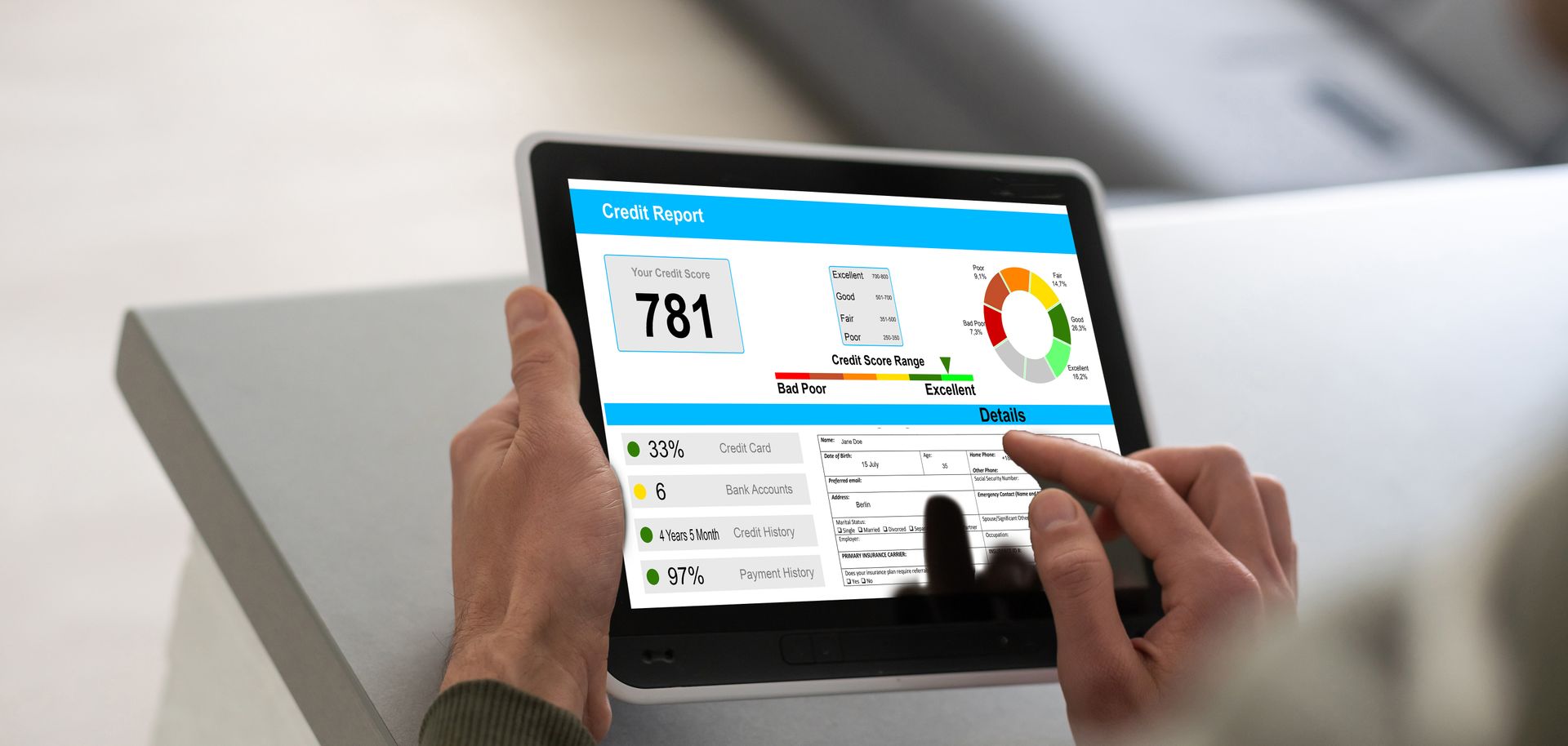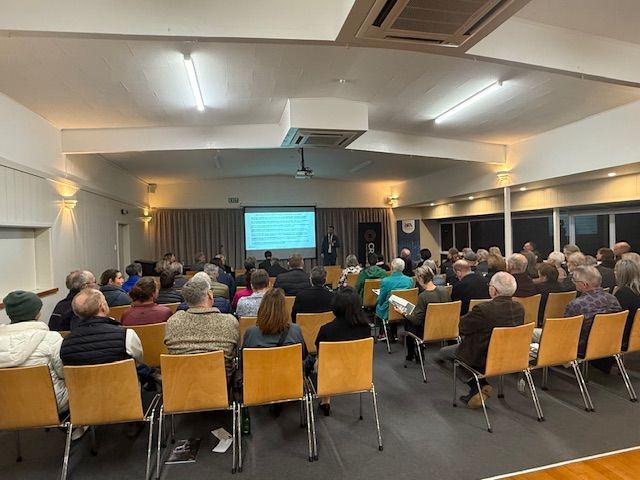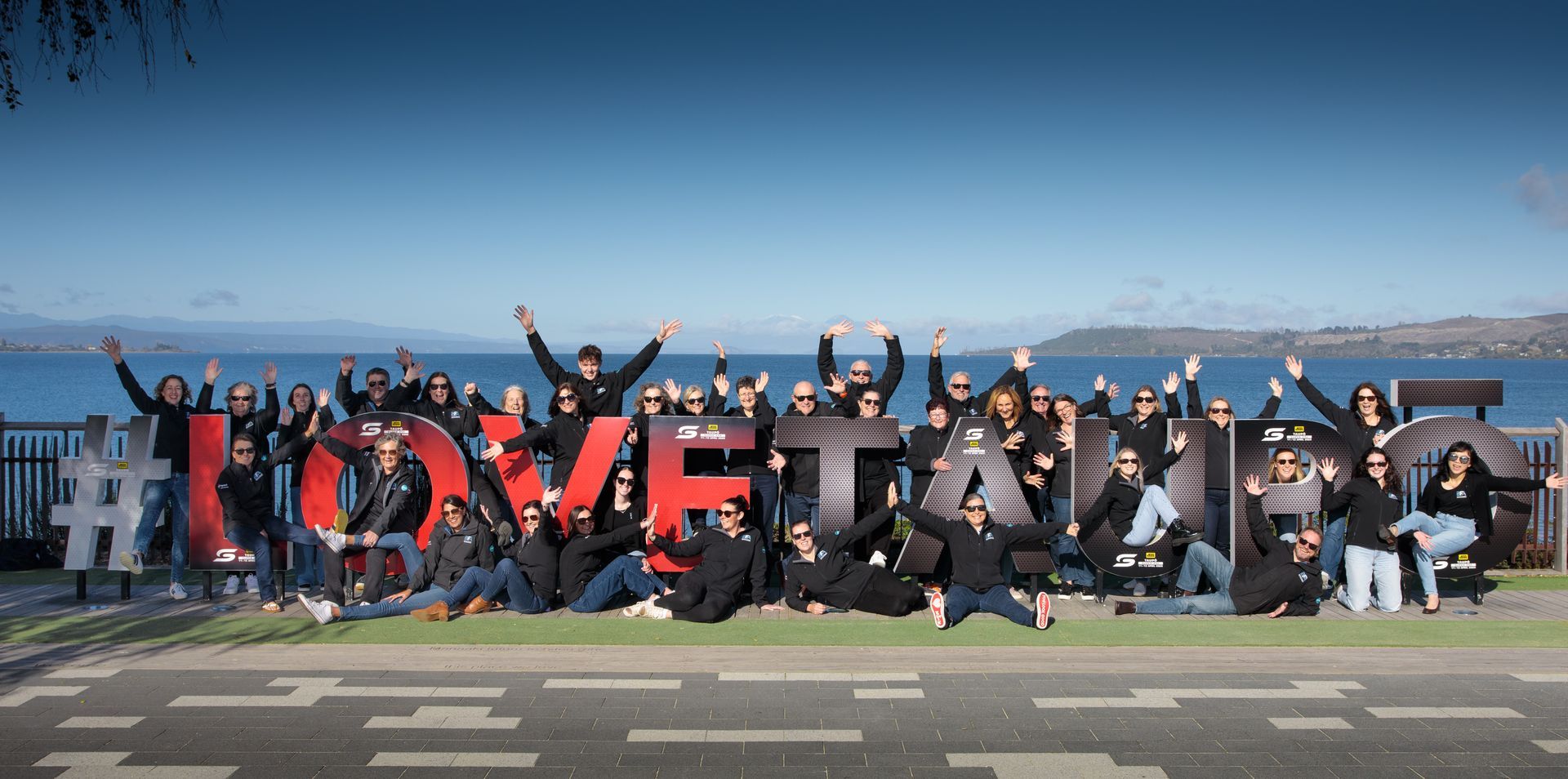Key Points from the 2022 Budget
This is a subtitle for your new post
Off the back of today's Budget, we take a look at the key points. Cost of living, Health, Housing, Education, Māori, Equity finance for SMEs, Income Insurance and other Allocations... take a read of our breakdown.
Cost of living
A cost-of-living package has been announced. The cost-of-living measures in the Budget are mainly temporary and targeted at those on lower incomes.
New Zealanders aged 18 and over will be eligible for a $350 payment unless they earn more than $70,000 a year or already receive the Winter Energy Payment.
The sum will be paid in three instalments over August, September and October, working out at roughly $27 a week.
This payment, which will be funded out of the money remaining in the COVID-19 fund, is estimated to cost $814 million.
The fuel tax reduction and half-price public transport will also be extended for a further two months. New Zealanders who have a community services card will continue to get half-price public transport permanently from mid-September.
The government will also address the problem of competition in the supermarket sector, with urgent legislation going in tonight to ban the use of covenants, which make it hard for new players entering the market.
Ministers flagged that there will be further announcements in the coming days in response to the Commerce Commission's recent report on the sector.
Health
The health sector is being given $13.2 billion over the next four years.
An initial $1.8b in new spending in the coming year to address historic cost pressures, including DHB deficits.
$188 million for the Māori Health Authority to commission services and develop iwi partnerships.
$102m over the next three years to provide better, earlier GP and community care and to ease pressure on hospitals.
Pharmac will also get an extra $191m over the next two years. It is Pharmac's biggest boost in history to make more medicines and other health treatments available. Pharmac said it welcomed the $191m boost and was already working through the medicine options for investment list. It brings total funding to $1.2b.
More than $166m has been set aside over four years for ambulance services, adding more than 60 vehicles to the road fleet and about 250 more paramedics and frontline staff. Another $90.7m will go towards air ambulance services to replace ageing aircraft with modern helicopters.
The Budget increases dental grants for low-income families from $300 to $1000 in line with Labour's 2020 campaign promise.
A new Ministry for Disabled People is also being established at a cost of $100m.
Housing
The Budget includes more support for first home buyers with funding available for about 7,000 extra first home grants and 2500 more first home loans available every year.
House price caps across regions have been increased in most of the country, for example shifting to $875,000 in Auckland and Tauranga and $925,000 in Wellington and Queenstown.
The income caps remain the same but will be reviewed every six months along with the new house price caps.
A new $350m housing fund has also been set up where not-for-profit developers can apply for grants to build affordable rental accommodation.
Education
Nearly $3 billion is going towards the education sector as it moves away from the decile system and addresses pay parity issues. Replacing school deciles is the single biggest area of new spending for education.
The Budget provides more than $80m a year for the equity index which replaces deciles as the measure of disadvantage in schools.
Most of the money, $75m a year, will go directly to schools, adding to the $150m they currently receive through the decile-based system.
The budget increases school operations grants and tertiary and early childhood education subsidies by 2.75 percent.
There is also $266m over four years to give early education teachers pay parity with school teachers.
In tertiary education, the Budget provides $56m a year to pay for an expected increase in enrolments next year and in 2024.
There is also $40m for modernising polytechnic facilities.
Māori
More than half a billion dollars is being pumped into the Māori Health sector with $579.9 million going towards Māori health and wellbeing.
The new Māori Health Authority, Te Mana Hauora, will receive $188.1m over four years for direct commissioning of services.
$20.1m will go to support iwi-Māori partnership boards, and $30m will be invested into MāoriProviders and health workers to provide support and sustain capital infrastructure.
Lack of workforce capability has been identified as a key factor in being able to bolster Te Mana Hauora - and $39 million will be used for Māori workforce training and development to support them within the new health system.
The $579.9 million invested in Māori health and wellbeing is on top of the $11.1 billion health allocation.
Equity finance for SMEs
The Government is planning to team up with retail banks to create a new fund that will invest in small and medium-sized enterprises (SMEs).
It has committed to investing $100 million, alongside banks, in a new Business Growth Fund. The Crown will have a minority shareholding in the Fund, which will be privately operated and independently managed.
The Government has discussed the proposal with the Reserve Bank, which will consult on it publicly.
Income Insurance
The Finance Minister is working towards getting his proposed Income Insurance Scheme underway in 2024.
The Government has committed to providing the Accident Compensation Corporation (ACC) funding to do preliminary work to establish the systems and operational processes for the scheme.
It is allocating $4m towards ACC in 2022 and 2023, and set aside a further $56.5m in "contingency" funding over 2023, 2024, 2025 and 2026.
The proposal is that employees and employers pay levies to the scheme, which would pay a claimant out in the event of job loss due to redundancy or illness.
The value of the pay-out would be equivalent to a certain portion of the claimant's previous income – up to a certain level. The payment would be available for a set time period, after which the claimant would need to go into the regular welfare system if they're still unemployed.
Participation in the scheme would be compulsory. However, the proposed scheme's details are still being worked out.
Other Allocations
$200m towards the first stages of the light rail project in Auckland, feasibility studies for a new port in Manukau Harbour and for a dry dock at Northland's Northport.











